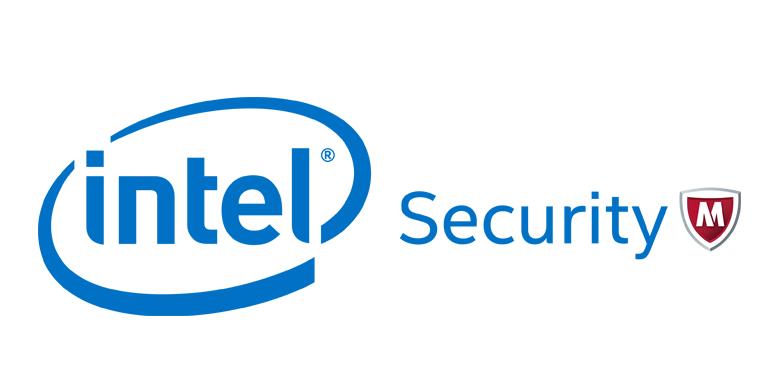Intel Security has struck a deal to have its McAfee VirusScan Mobile security product pre-installed on Samsung Galaxy Note 7 and the Tizen OS-based Z2. The company aims to secure the latest Samsung mobile devices. It also presents McAfee VirusScan Mobile as a default security choice for customers.
According to Intel Security’s “McAfee Labs Threat Report — June 2016,” 305 new threats are discovered every minute, which translates to more than five per second. And malicious nogoodniks are increasingly targeting mobile devices like smartphones and tablets.
The McAfee report found that new mobile malware grew 17 per cent quarter-over-quarter in the first quarter of 2016. Total mobile malware grew 23 per cent in that same time period and by 113 per cent over the last four quarters.
“Mobile threats continue to grow and be more sophisticated as we become increasingly connected. Now mobile devices are the tip of the spear for new hacking methods,” said John Giamatteo, corporate vice president of Intel Security, in a statement. “Intel Security is combating these growing mobile threats by collaborating with mobile device manufacturer Samsung to keep customers’ mobile devices, data and privacy safe from vulnerabilities.”
The Intel Security announcement follows shortly on the heels of last week’s Intel Developers Forum in San Francisco, where Intel laid out parts of it roadmap for the future, including its visions for both virtual reality and autonomous driving.
At IDF, Intel unveiled Project Alloy, an all-in-one VR product that addresses the growing interest in “merged reality.” Intel is looking to do something a little different from other companies entering the consumer and business VR spaces. Project Alloy is being designed as a cord-free headset with its own on-board computing power.
It’s still in the early days of Project Alloy, of course. Intel plans to open the hardware and provide open APIs to developers and partners in 2017.
Also, with autonomous driving on the minds of many, Intel executives provided an update on the vendor’s technology roadmap and how it relates to machine learning and the Internet of Things. Intel sees the autonomous driving market as an opportunity serve the needs of more than 120 million autonomous or semi-autonomous vehicle owners by 2030.
With applications being core to autonomous driving and the connected car market, application development partners will likely seen an increase in the number of such opportunities over the next two decades.





